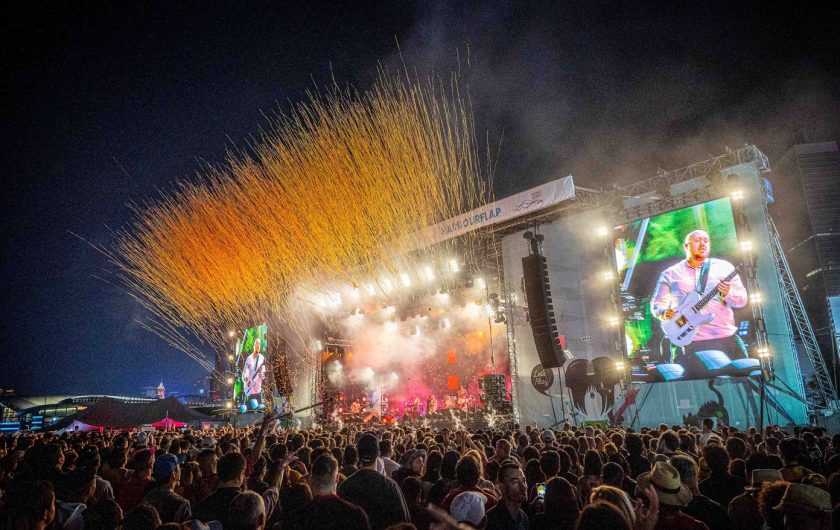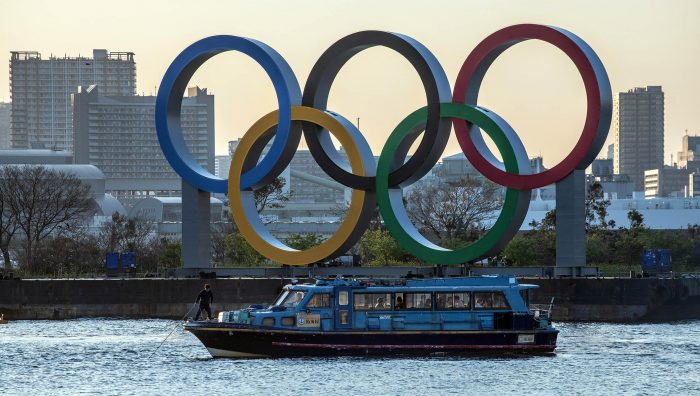
HONG KONG Financial Secretary Paul Chan’s Budget Speech last month offers a glimpse of hope for a city eager to bounce back from recent challenges.
However, the true measure of success will lie in the Hong Kong government’s ability to balance its oversight role with the dynamism of private enterprise. For example, there are plans for a monthly show on Victoria Harbour featuring fireworks and drones, which are wonderful, but already overdone elsewhere in the world.
What if the government opened up the possibilities of this monthly harbourfront extravaganza by inviting ideas from the best creative minds in Hong Kong and the world?
Apart from creativity, another hurdle to overcome will be bureaucracy.
Importance of the Private Sector
The Hong Kong government’s focus on investing in mega events is a strategy designed to attract international visitors, and inject life into the MICE segment of the city’s economy. However, it’s important to recognise the role private event organisers have played in this arena in the past. Iconic events like the Rugby Sevens, Hong Kong Marathon, and the Clockenflap music festival, were all born from private initiatives. These events have been instrumental in establishing Hong Kong as a vibrant and diverse destination. Yet many organisers have bemoaned the bureaucracy and rigidity of the civil service.
More… HK organisers ask: What’s so ‘mega’ about Dior and Chubby Hearts?
Attracting a global audience, particularly from beyond mainland China, is not just about the scale of the event. It’s about the cultural resonance and the freedoms that allow these events to thrive. Mega events organised by the private sector can steer clear of geopolitics, giving the organisers room to breathe and operate.
Reducing Bureaucracy
The first step for the Hong Kong government should be to minimise bureaucratic hurdles for event organisers. Simplifying the application process for permits, providing clear guidelines, and ensuring timely responses would go a long way in creating a friendly ecosystem for event planners. A streamlined, multi-departmental approach would signal to the world that Hong Kong is not only open for business but is also a place where creativity and organisation can flourish without undue red tape.
Promoting Inclusion and Diversity
Hong Kong’s reputation as a cosmopolitan and inclusive city should be reflected in its event calendar. The government can promote this by openly supporting events that celebrate diversity across arts, sports, and culture. This does not mean direct involvement in every event but rather offering a platform where such events can shine, sending a clear message that Hong Kong values and embraces different communities and experiences.
More… Swiftenomics and the art of mega events
The strategy to attract visitors from mainland China may differ vastly from what is required to draw in Western tourists. The government should employ a dual strategy that respects and understands these differences. This might involve targeted marketing campaigns, partnerships with international brands, and working closely with event organisers who have a keen understanding of these distinct audiences. Hong Kong’s overseas representative offices play an essential coordination role on the ground.
Go Back to Basics
Hong Kong’s neighbourhoods and rural areas are some of its most compelling attractions. The Tai Ping Shan area, for example, is renowned for its tiny coffee shops, art galleries and quirky boutiques. Hong Kong is also the trail-running capital of Asia, featuring scenic trails and villages.
Promoting these areas not only supports local economies but also diversifies the tourism offerings beyond the typical urban experiences. There are countless more examples of the unique character of Hong Kong, branding and marketing them will be key success factors for a city eager to invite visitors back.
Overall I’m optimistic: the basics of what Hong Kong has to offer are fantastic, all it takes is collaboration from all stakeholders, working towards a unified goal.
David Ko is managing director RFI Asia at Ruder Finn
This article is an edited version of one originally published by David on social media
Main picture: The return of Clockenflap in 2023 following the lifting of anti-Covid restrictions



